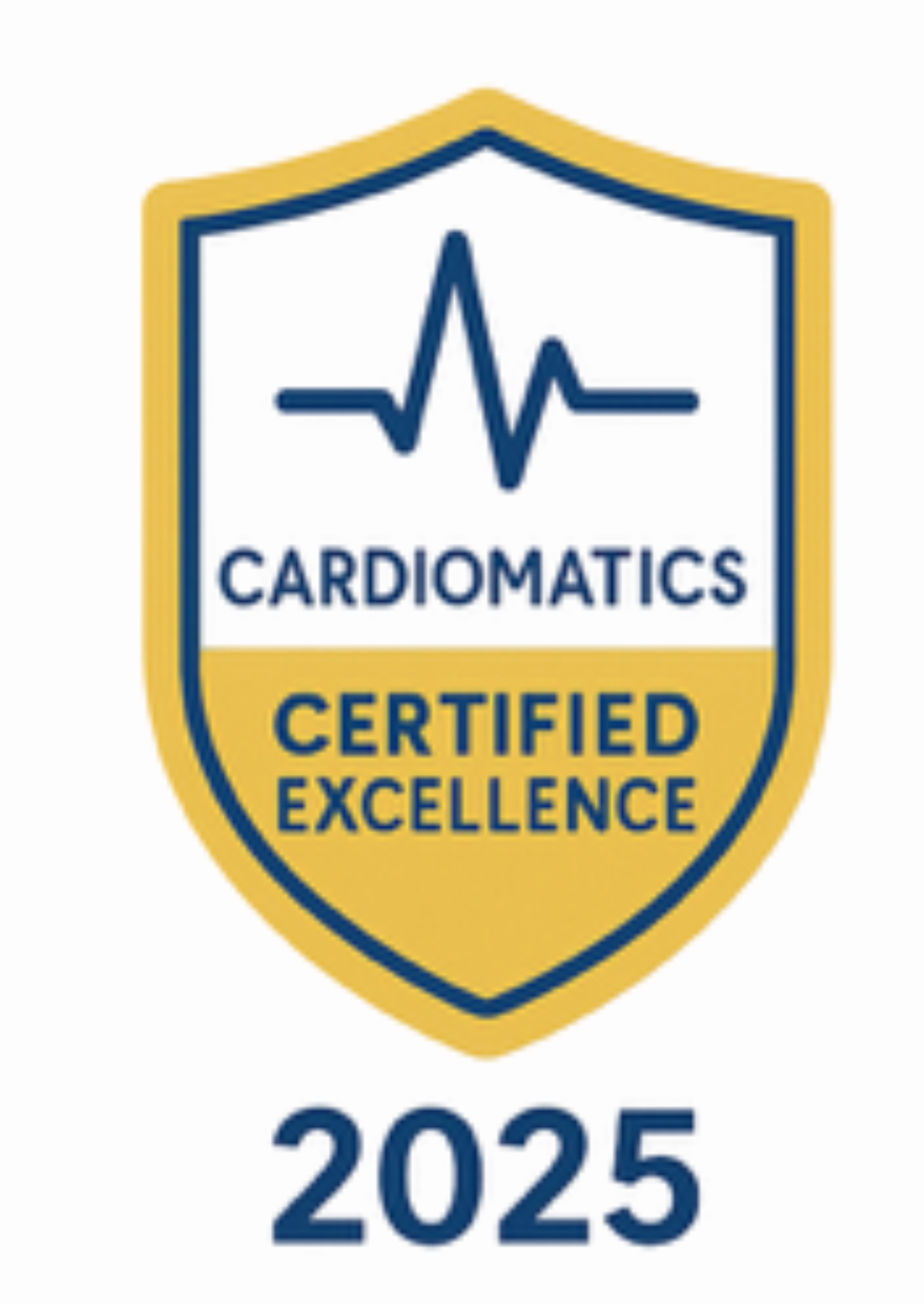AI for increased efficiency in the diagnosis and treatment of atrial fibrillation.
This study addresses a crucial healthcare challenge in Croatia, where a substantial number of atrial fibrillation cases go undiagnosed or untreated due to prolonged specialist waiting times. By introducing an innovative AI-based tool, the project aims to significantly enhance the efficiency of AFib diagnosis and treatment. The anticipated impact includes improved detection of arrhythmias through extended monitoring, potentially revolutionizing the management of AFib for better patient outcomes.
Background
Between 40 and 80 thousand patients may suffer from atrial fibrillation (AFib) in Croatia, with more than 20% of patients living with undiagnosed or untreated AFib. Long waiting times to see a specialist, as have been noted during the COVID-19 pandemic, are among the reasons for this situation. It is also the case that 24-hour ECG signal recordings are often too short to detect abnormalities in rhythm.
Objective
The goal of the study is to increase the efficiency of the diagnosis and treatment of AFib by introducing a new AI-based tool in clinical practice.
Methods
The study will be based on up to 7 days of remote monitoring of patients. Within its scope will be 80 to 100 patients admitted to the Magdalena Clinic of Cardiovascular Diseases and three general doctor’s offices at the Primary Health Care Center in Zagreb. The Magdalena Clinic will onboard two groups of patients: 1) diagnostically naïve patients, with a reasonable indication of AFib, but no previous diagnosis; 2) patients with a clinical diagnosis of atrial fibrillation and previous successful pulmonary vein isolation ablation; the Primary Health Care Center will onboard only diagnostically naïve patients.
Each patient will be monitored throughout a seven-day period. Collected data will be sent to the cloud and diagnosis will be performed with AI-based software (Cardiomatics) that will create a detailed report for each patient with an indication of potential diagnosis. If an AF signal is detected in a patient, they will be treated according to current ESC guidelines, developed in 2020 for the management of atrial fibrillation.
Results
We anticipate that the combination of SAVVY ECG and Cardiomatics will allow for prolonged monitoring, resulting in a greater chance of arrhythmia being detected. This may positively impact the efficiency of diagnosis and treatment.
Investigator/Institution: Magdalena Clinic for Cardiovascular Diseases, Krapinske Toplice, Croatia
Financing party: Bayer
Combined innovative solutions are tested by RBI, Magdalena Clinic, Savvy, and Cardiomatics.

